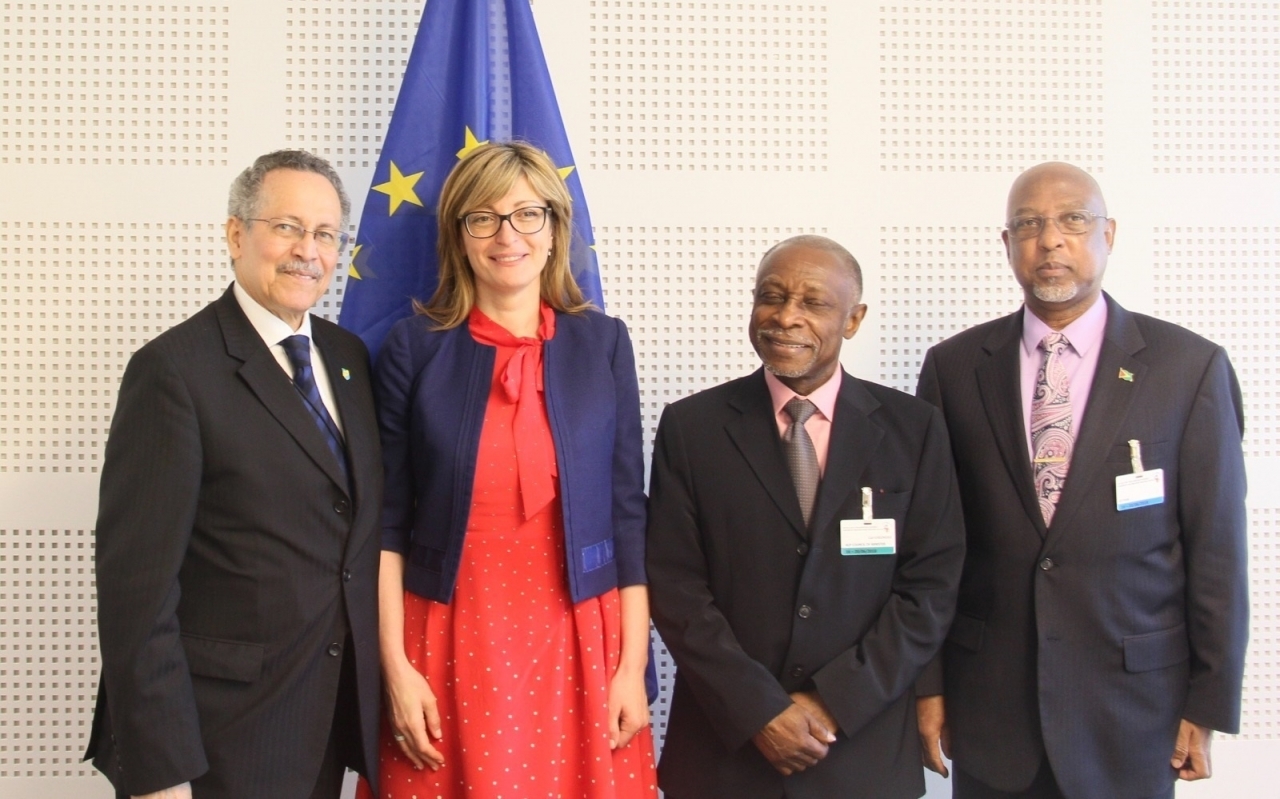Bulgarian Presidency mediates greenlight of negotiation mandate for new agreement with ACP
22 June 2018 News
The Council of the European Union approved today the EU negotiation mandate for the future partnership agreement with the African, Caribbean and Pacific Group of States. This was made possible through the active mediation of the Bulgarian Presidency of the Council.
‘The European Union would like to bring up to date its relationships with Africa, the Caribbean and the Pacific in its new agreement for the period beyond 2020. We would like to produce a document that would incorporate the principles of sustainable development and would enable us to respond to the new global realities,’ was the comment of the Council Chair, Bulgarian Foreign Minister Ekaterina Zaharieva.
Zaharieva co-chaired the ACP-EU Council of Ministers that met in Lome, the capital of the Togolese Republic, on May 31st-June 1st of this year. Bulgaria’s top diplomat was also the main rapporteur of the 35th meeting of the Joint Parliamentary Assembly of the ACP Group of States and the European Union, which took place in Brussels yesterday.
‘The EU and the ACP represent, between themselves, the interests of 107 countries. Together we play an important role in defining the global agenda and international cooperation. Though effective and multilateral cooperation is the only way we can respond to the present-day challenges and guarantee peace, stability, respect of human fights and the fundamental freedoms as well as well as adherence to the principles of democracy,’ Minister Zaharieva also said.
Negotiations on the new agreement, also known as the post-Cotonou, are expected to commence in the autumn on the mandate approved today. The current ACP-EU partnership agreement, the so-called Cotonou Agreement (after the name of the city in Benin where it was signed) expires in 2020. It sets out the general framework of relations between the EU and the countries of Africa, the Caribbean and the Pacific (ACP), and is aimed at reducing and ultimately eradicating poverty, as well as contributing to the gradual integration of the ACP countries into the global economy. The agreement essentially rests on three pillars:
* cooperation for development
* economic and trade cooperation
* a political dimension
The term of validity of the Cotonou Agreement will expire in February of 2020.
The EU supports programs and initiatives that provide benefits to many countries in the ECP Group of States. The Union has in place programmes for regional economic growth and development of specific regions within the ACP area. Most projects are financed via the European Development Fund (EDF). These allocations are not part of the common EU budget; instead, they are managed on the basis of an internal arrangement among the Member States sitting on the Council. The 11th EDF, adopted in 2013, covers the period between 2014 and 2020 and will disburse a total of EUR 30.5 billion.
Migration is an important aspect of the cooperation between the EU and the ACP. The framework of that cooperation is set out in Art. 13 of the Cotonou Agreement, which contains provisions about improving conditions in the countries of origin and transit countries, legal migration and the repatriation of illegal immigrants.
